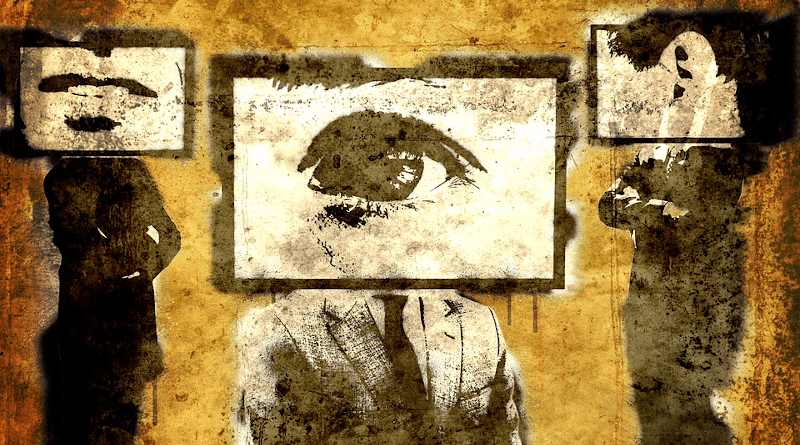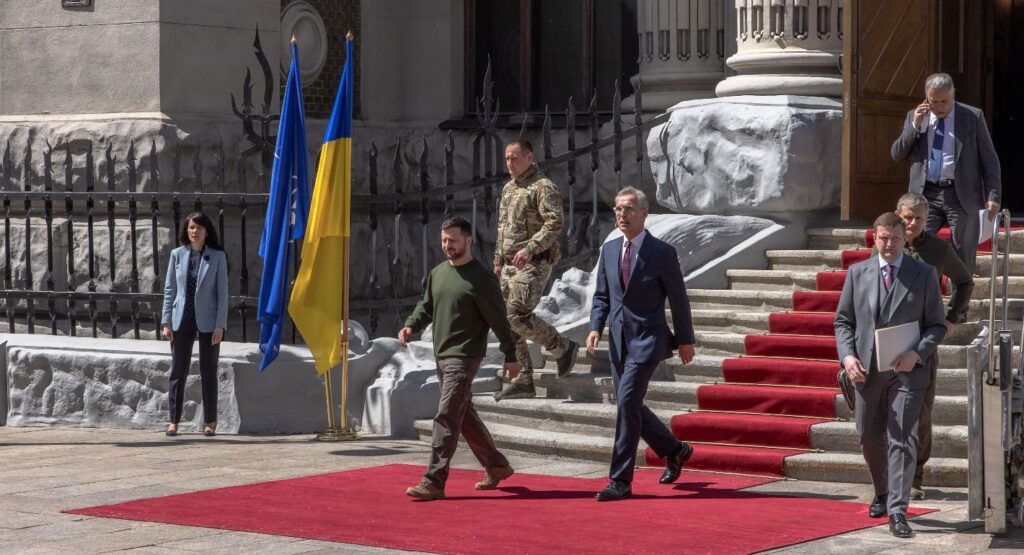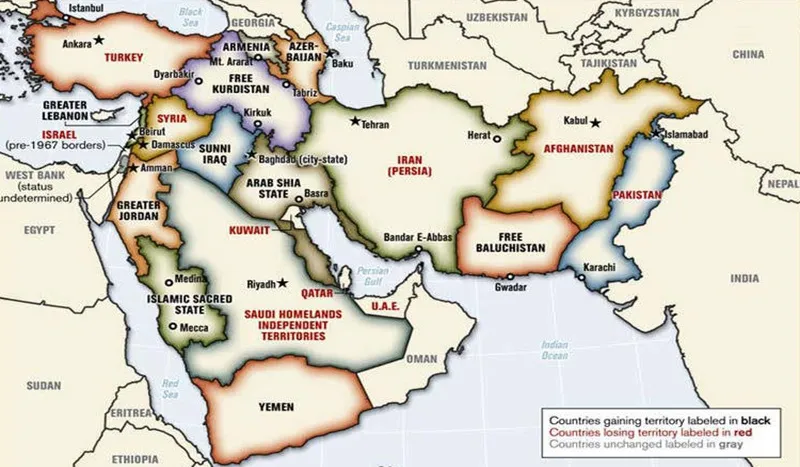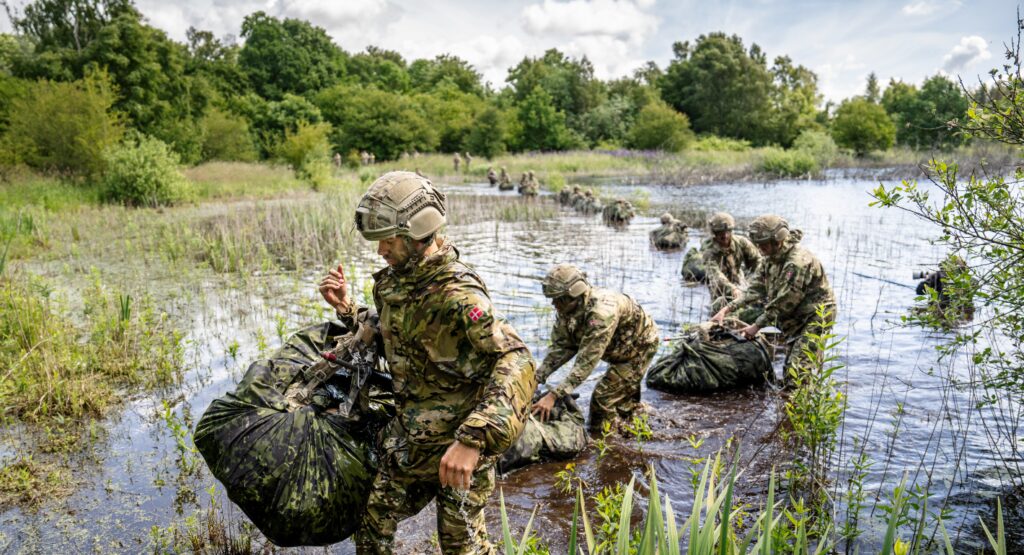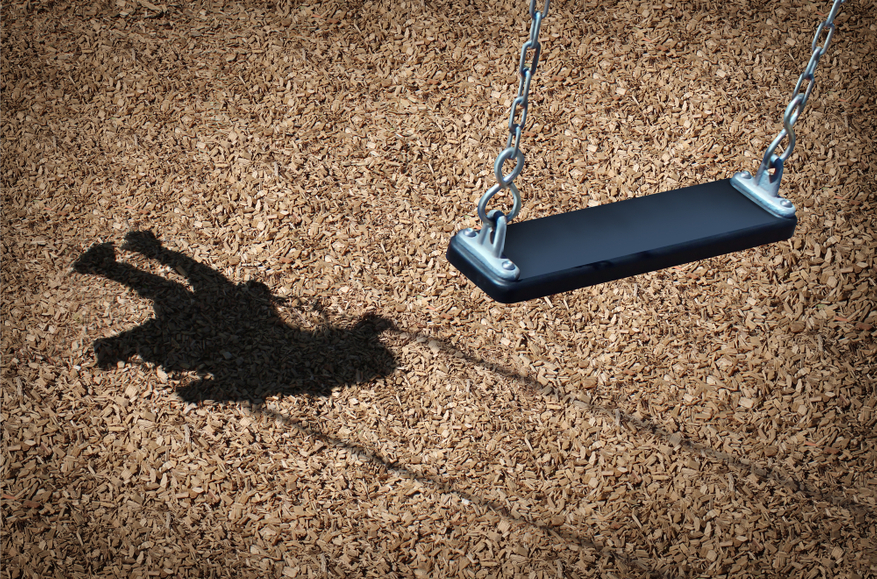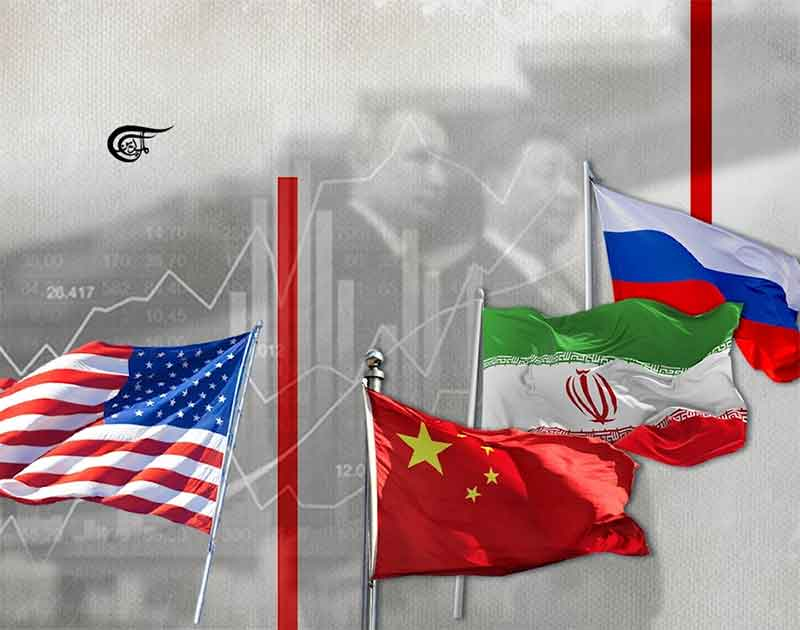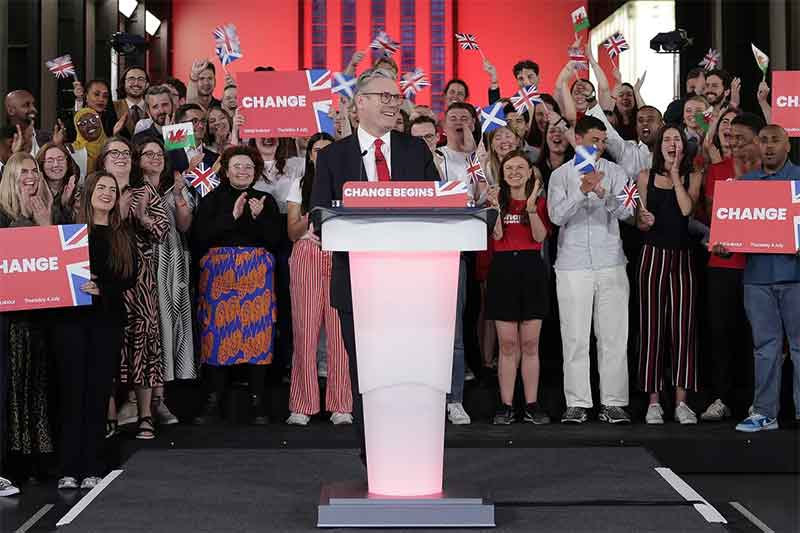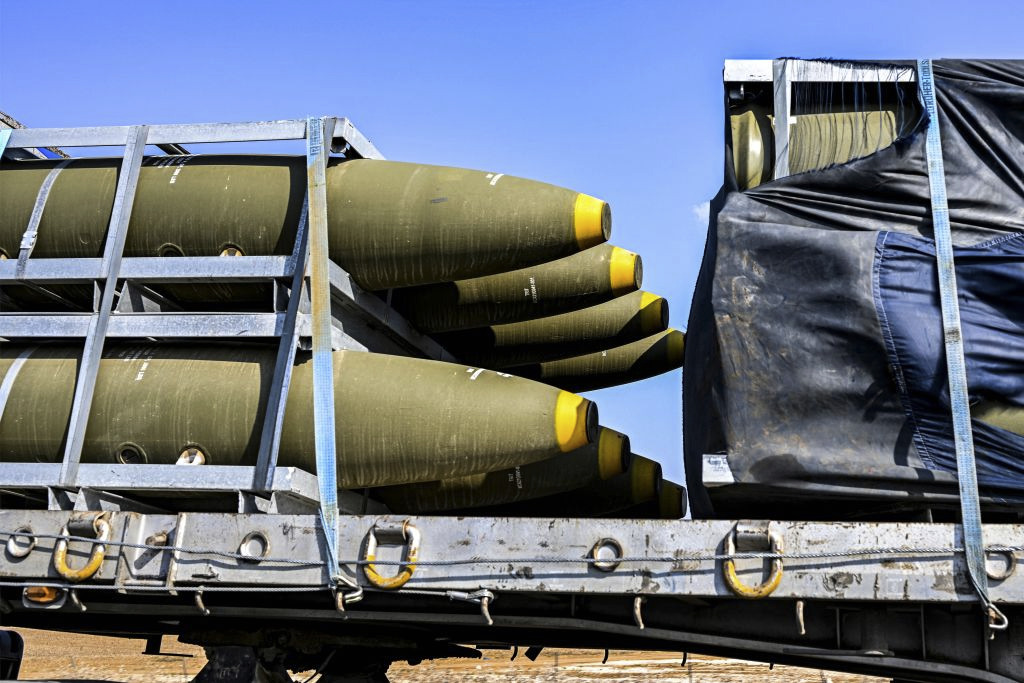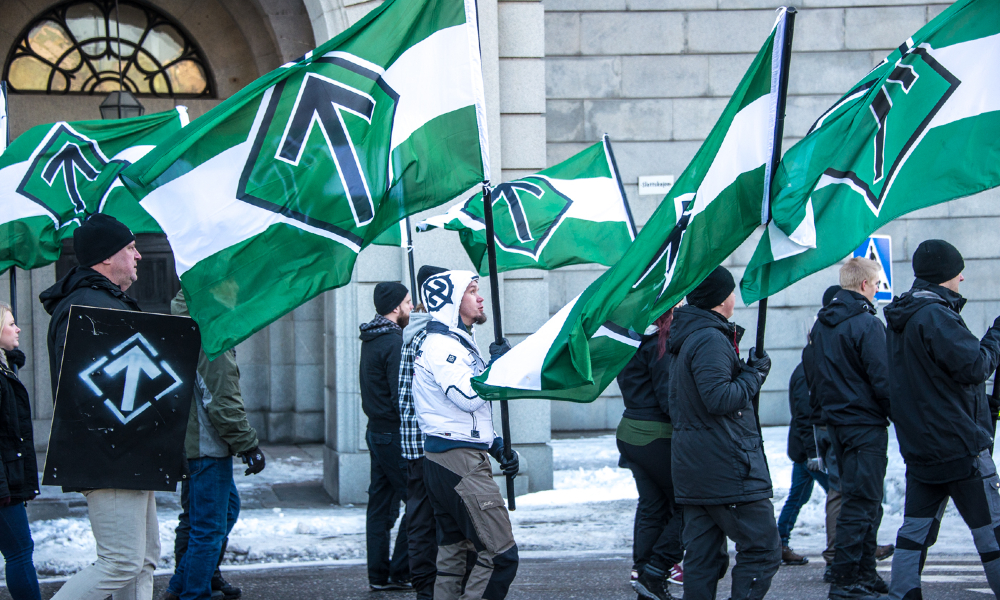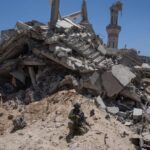
Hamas is waiting for a response from Israel on its ceasefire proposal, two officials from the Palestinian group said on Sunday, five days after it accepted a key part of a U.S. plan aimed at ending the nine-month war in Gaza.
“We have left our response with the mediators and are waiting to hear the occupation’s response,” one of the two Hamas officials told Reuters, asking not to be named.
The three-phase plan was put forward at the end of May by U.S. President Joe Biden and is being mediated by Qatar and Egypt. It aims to end the war and free around 120 Israeli hostages being held by Hamas.
Another Palestinian official, with knowledge of the ongoing ceasefire deliberations, said Israel was in talks with the Qataris.
“They have discussed with them Hamas’ response and they promised to give them Israel’s response within days,” the official, who asked not to be named, told Reuters on Sunday.
Israel’s government made no immediate comment on the timing of its deliberations.
Hamas, which controls Gaza, has dropped a key demand that Israel first commit to a permanent ceasefire before signing an agreement. Instead, it said it would allow negotiations to achieve that throughout the six-week first phase, a Hamas source told Reuters on Saturday on condition of anonymity because the talks are private.
A Palestinian official close to the peace efforts has said the proposal could lead to a framework agreement if embraced by Israel and would end the war.
U.S. Central Intelligence Agency Director William Burns will travel to Qatar next week for negotiations, a source familiar with the matter said.
The conflict, triggered by an Oct. 7 attack on Israel by Hamas fighters, has claimed the lives of more than 38,000 Palestinians, according to Gaza health officials.
Hamas killed 1,200 people and took around 250 hostages in the worst assault in Israel’s history, according to official Israeli figures.
FIFTEEN KILLED IN GAZA STRIKES
Protesters took to the streets across Israel on Sunday to pressure the government to reach an accord to bring back Israeli hostages still being held in Gaza.
They blocked rush hour traffic at major intersections across the country, picketed politicians houses and briefly set fire to tires on the main Tel Aviv-Jerusalem highway before police cleared the way.
Meanwhile, fighting continued to rage across Gaza, which has been largely reduced to rubble in the conflict.
Palestinian health officials said at least 15 people were killed in separate Israeli military strikes across the enclave on Sunday.
An Israeli air strike on a house in the town of Zawayda, in central Gaza, killed at least six people and wounded several others, while six others were killed in an air strike on a house in western Gaza, the health officials said.
Tanks deepened their raids in central and northern areas of Rafah on the southern border with Egypt. Health officials there said they had recovered three bodies of Palestinians killed by Israeli fire in the eastern part of the city.
The Israeli military said on Sunday its forces have killed 30 Palestinian gunmen in Rafah during close combat and air strikes.
In Shejaia, an eastern suburb of Gaza City, the military said its forces killed several Palestinian gunmen, and located weapons and explosives.
The armed wings of Hamas and the Islamic Jihad said fighters attacked Israeli forces in several locations across the Gaza Strip with anti-tank rockets and mortar bombs.
